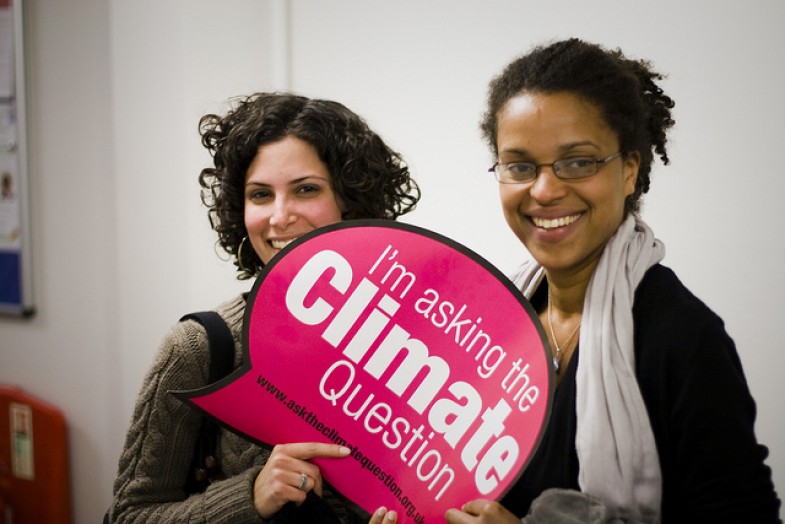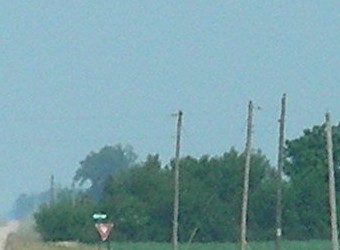People took note when Ronald Reagan, a presidential candidate in 1980, asked “Are you better off now than you were four years ago?” That question got people’s attention and is still often quoted today. Some say, it’s this question which won Reagan the presidency.
Now with election season fast approaching, it may be time to consider some new questions. I raise this issue because of concerns I have about Reagan’s question and people’s response to it. What bothers me about this question is the focus on “you” in the individual versus collective sense. Reagan could have asked, “Are we better off now than we were four years ago?” – but he didn’t.
Many people seem to think and vote primarily in relation to how an issue, event, trend, or proposed policy impacts them individually. Reagan’s version of the question is in line with this type of thinking, and it resonated with many people in the US.
Thinking based on self-interest is not new. I grew up in a farming community where discussions at election time focused on how positions taken by political parties and presidential candidates would impact farmers and their families. I knew there were other major issues facing our nation but these seemed to have little or no impact on how the people in our community would cast their vote. Their focus was on how the outcomes of the election would benefit them personally. There was little talk about the common good or even the good of the country.
We live in an individualistic society where the needs and interests of the individual are promoted over the needs of the group as a whole. A more cooperative, collaborative society, on the other hand, would focus more on what is good for the group. Suggesting that there is a need to choose between what is good for the individual and what is good for the larger society may be misleading. In fact, the belief that contributing to the common good will somehow take away from what is good for the individual is not supported by research. A number of studies – available through the Greater Good Science Center at the University of California, Berkeley-- indicate the opposite. They show that happiness and a sense of wellbeing are inextricably linked to behaviors that contribute to something bigger than oneself. In other words, working for the good of society as a whole can also benefit the individuals in that society.
John F. Kennedy, in his inaugural address in 1961, also proposed a question: “Ask not what your country can do for you, ask what you can do for your country.” This question differs dramatically from the one raised by Ronald Reagan.
It’s now time to think about the kind of questions we’d like to ask the 2016 presidential candidates. If we’re concerned about the commons and the common good, the following ten questions might appear on our list:
- How would you enlist the cooperation and support of other countries to reduce the amount of industrial CO2 emissions into Earth's atmosphere?
- What specific measures would you take to reduce the tons of trash dumped in the oceans and other bodies of water each year?
- What do you see as major issues eroding the common good in our country and what would you do about these issues?
- How will you draw people together to work towards the common good versus pandering to individual or “special interest” groups?
- What is your vision of a “good society,” and what measures would you take to make our country more closely aligned to that vision?
- What specifically would you do to improve our country’s infrastructure – especially our roads, railroads, bridges, sewage systems, and electrical grids?
- What incentives and/or mandates would you introduce to minimize wasteful use of water in drought-stricken areas?
- What changes would you propose for our public transportation system to make it more attractive to people across the country?
- How will you make public space safe and accessible in all communities?
- What initiatives would you undertake to make the arts more accessible to a wider group of people, including the elderly, children, people living in rural areas, and low-income families?
From now until November 2016, many questions will be asked of the presidential candidates during a multitude of interviews, debates, and town hall meetings. It may be enlightening to critique the questions -- and the candidates’ answers -- in terms of how they relate to the common good. We may also wish to introduce some of these questions in our own discussions with friends and neighbors about who will best serve the country in the future. If we get this right, in four years after the inauguration of the new president, we can then ask “Are we better off now than we were four years ago?” and feel confident that the answer will be “yes.”






